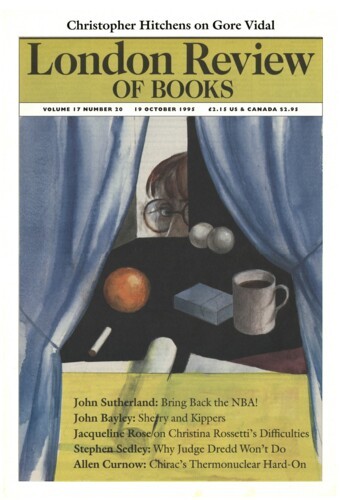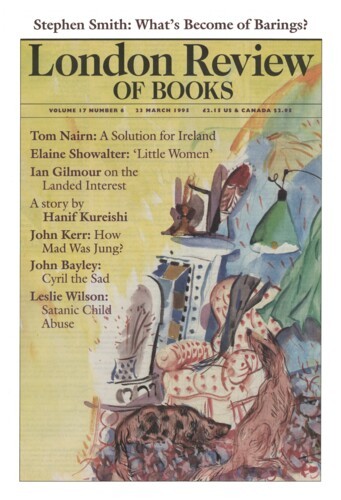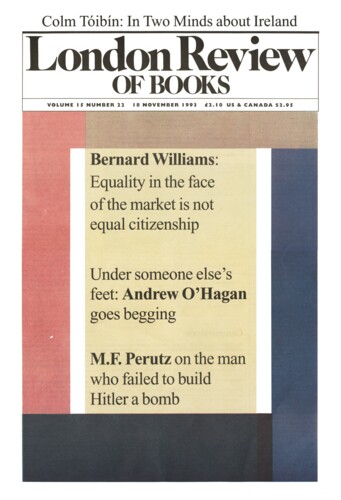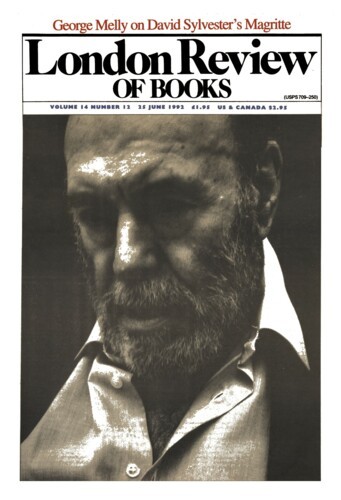Babe-Ruthing
A. Craig Copetas, 19 October 1995
In the years leading up to the American Revolution and well beyond the War of 1812 Americans living in the New York area made no secret of their allegiance to England. New York’s aristocratic sympathy – cultural, commercial and religious – was not shared in Massachusetts, the home of a growing Irish population and of the Boston Tea Party. These pro and anti-Tory emotions often spilled onto the playing field, which is one of the reasons the game of baseball in 1858 boasted two sets of codified regulations. New York Rules stipulated that ‘a player shall be out, if at any time when off a base he shall be touched by the ball in the hands of an adversary.’ But in Massachusetts, where those Tory-lovers who played baseball were viewed with disdain, umpires allowed fielders to throw the ball hard at a runner in order to get him out of the game, usually on a blooded stretcher. ‘The first professional English cricket team that came to this country used to practise near us, and they used to come over and watch our game occasionally,’ reads one 19th-century account of the transatlantic battle between England’s haughty Essex men and America’s rough and tumble Boys of Summer. ‘They rather turned up their noses at it, and thought it tame sport, until we invited them to try it.’’




